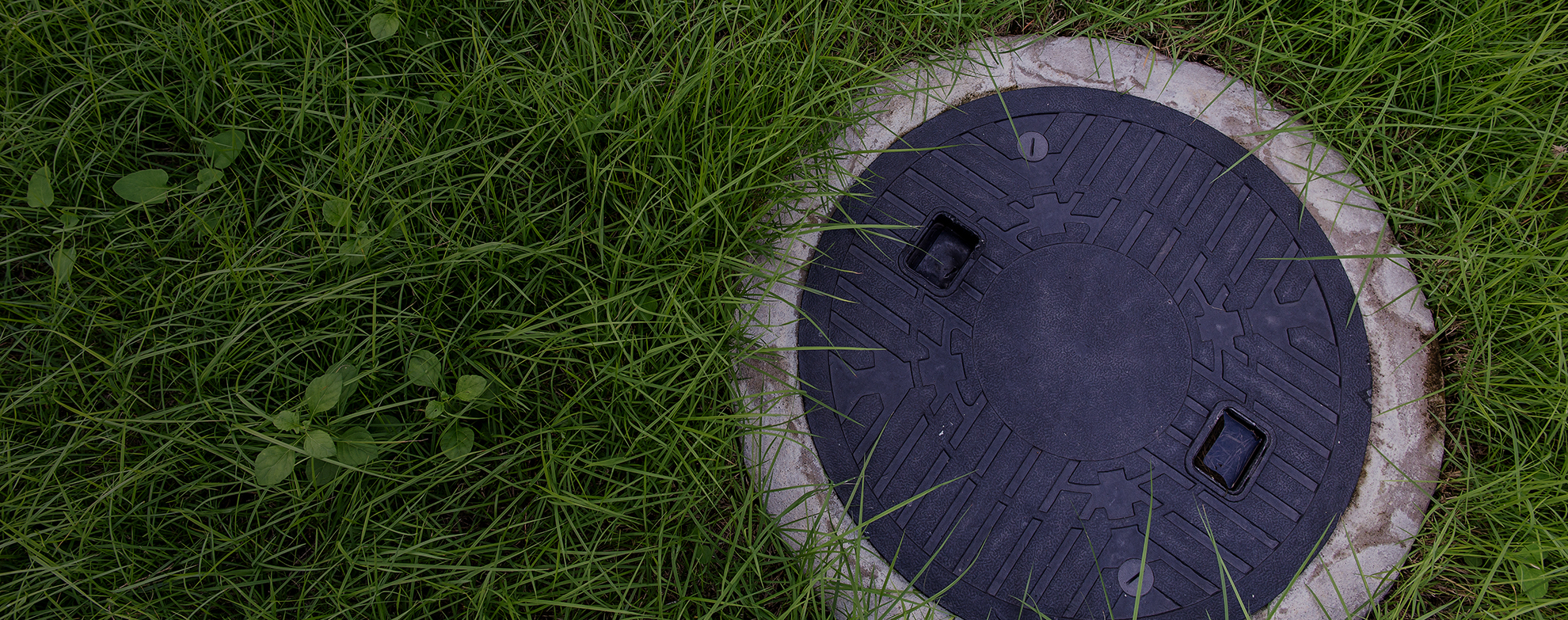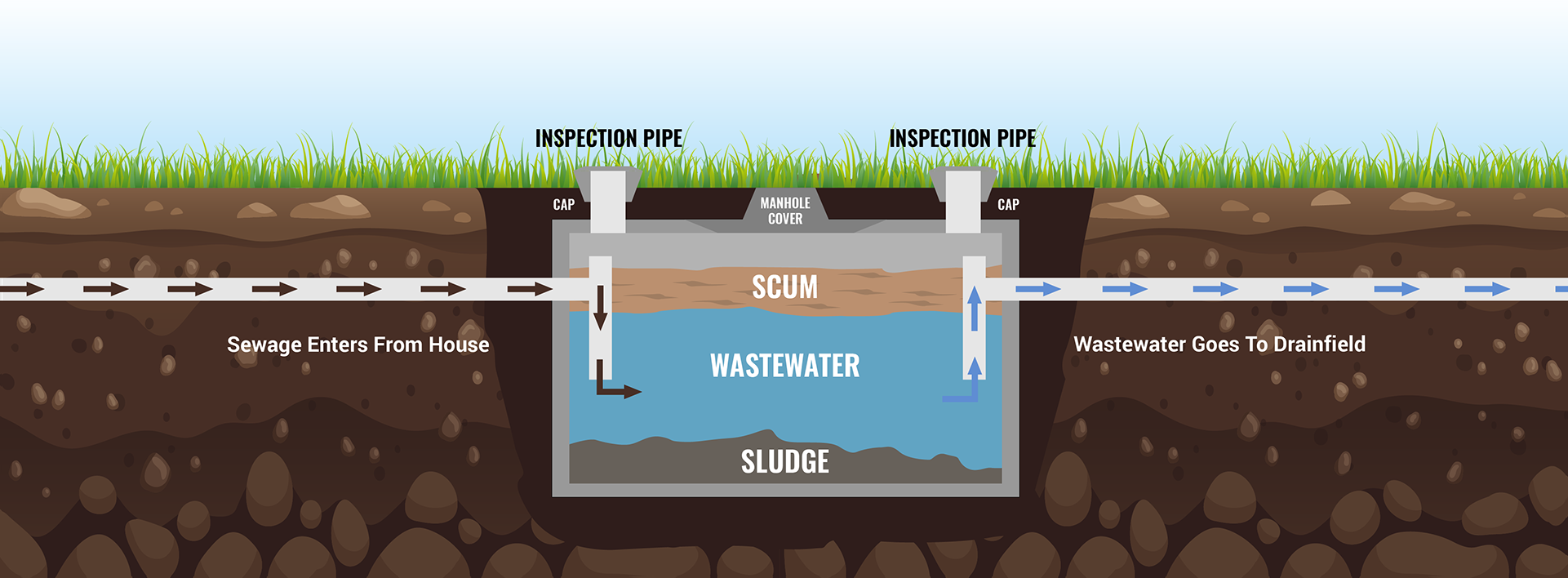
Private Septic systems
Overall, private septic systems account for 20% of homes in the United States. In the Hudson Valley, many homes have septic systems because there are many rural areas. It falls on homeowners to maintain septic systems so they function properly. Neglected systems can corrode, collapse, or fail, and even influence the well water nearby. These are expensive fixes.
We recommend that septic tanks are pumped before selling or buying a home. A septic contractor can be hired. New York State recommends that the system be inspected and pumped out every three years.
What is a septic system?
It is a system for managing the waste exiting a home. For many people this system seems peculiar or even foreign because they are accustomed to public sewers. The private septic system has a number of components that are mostly hidden from sight underground. The main waste line exiting the home collects waste that is directed to the inlet. The holding or distribution tank collects waste, and the outlet sends fluids to the leach field. The overall goal is to allow waste to decompose over time. The system facilitates the natural process of decomposition. Water that is “leached” into the soil is filtered through the ground naturally. Septic holding tanks, however, need to be pumped periodically.
If drinking wells have been properly dug and septic systems correctly installed, septic systems should not impact drinking water in nearby wells, but we provide water quality testing to make sure your family’s water is safe.
What is a septic inspection?
We report to our clients any observed evidence that represent a malfunctioning or failing system. We do not open the septic system. However, we do administer what is commonly called a “dye test.” We investigate whether the system functions under the normal stresses of the system. We calculate typical amounts of water and waste for the size home and “stress test” the system. It is critical that clients understand, however, that dye tests gives some evidence as to the state of the system. Only actual observation of the tank and field by a qualified septic specialist can definitively tell if the system will fail in the future.
Start by gathering as much information as possible from the seller. Ask the seller where the septic tank and the leach field are in the yard. Ask, when the last time the tank was pumped, and if was pumped recently ask for the receipt. And finally, ask if there has ever been malfunctions in the system. Regardless of problems, ensure that the tank has been pumped before buying the home, because a cap is removed during pumping.
What is NOT a septic inspection?
A warranty or guarantee that the system will properly function for any period of time in the future; and a certification of the system’s installation or performance.
Septic System Diagram

